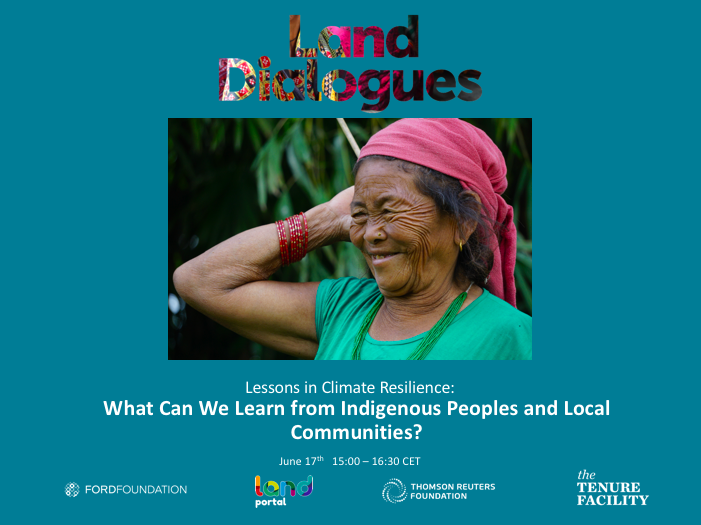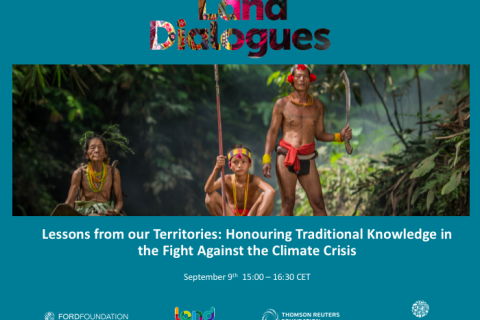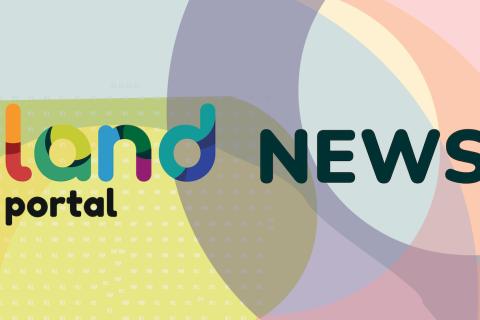Indigenous Peoples globally have high exposure to environmental change and are often considered an ‘‘at-risk’’ population, although there is growing evidence of their resilience. Ample research illustrates that Indigenous Peoples are actively observing and adapting to change in a diversity of ways. In this webinar we examined the common factor affecting resilience to environmental change among Indigenous Peoples and local communities.
The concept of resilience has been outlined and used in different ways and we use it here to think holistically about the general characteristics that affect the ‘‘capacity of individuals, communities, and systems to survive, adapt, and grow in the face of stress and shocks, and even transform when conditions require it.” Strong connections to the land held by many indigenous and local communities bring unique reflections for understanding and responding to environmental change. Thus, the indirect effects of environmental change on interpersonal and environmental relationships, life experience, belief systems, family, and oral history are often as important as, if not more so, the more direct impacts of climate change.
The COP has recognized the need to strengthen knowledge, technologies, practices and efforts of local communities and indigenous peoples related to addressing and responding to climate change. Indigenous knowledge thus makes an important contribution to climate change policy, and Sustainable Development Goal 13 on climate action; by observing changing climates, adapting to impacts and contributing to global mitigation efforts (UNESCO, 2019).
This event was the third of a series of webinars organised under the “Land Dialogues” series, a Tenure Facility, Land Portal, Ford Foundation and Thomson Reuters Foundation initiative promoting the importance of recognizing legal ownership of Indigenous Peoples and local communities land rights as a prerequisite for achieving national and international goals for forest governance, food security, climate mitigation, economic development, and human rights.
17 June, 15:00-16:30 CEST
Moderator
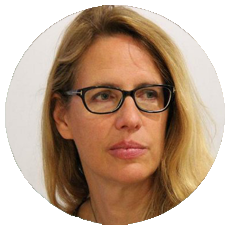
Laurie Goering
Climate Editor
Thomson Reuters Foundation
Panelists
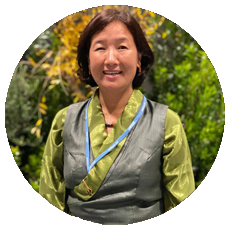
Pasang Dolma
Sherpa
Executive
Director
CIPRED
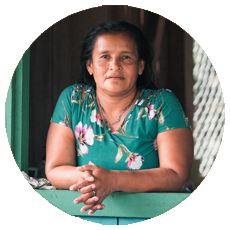
Maricela
Fernández
Cabécar
indigenous
leader

Holly
Jonas
Global
Coordinator
ICCA Consortium

Duncan
MacQueen
Principal
Researcher
IIED
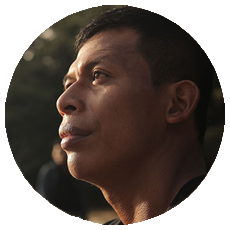
Oswando
Nenquimo
Waorani
Nation
Alianza Ceibo

